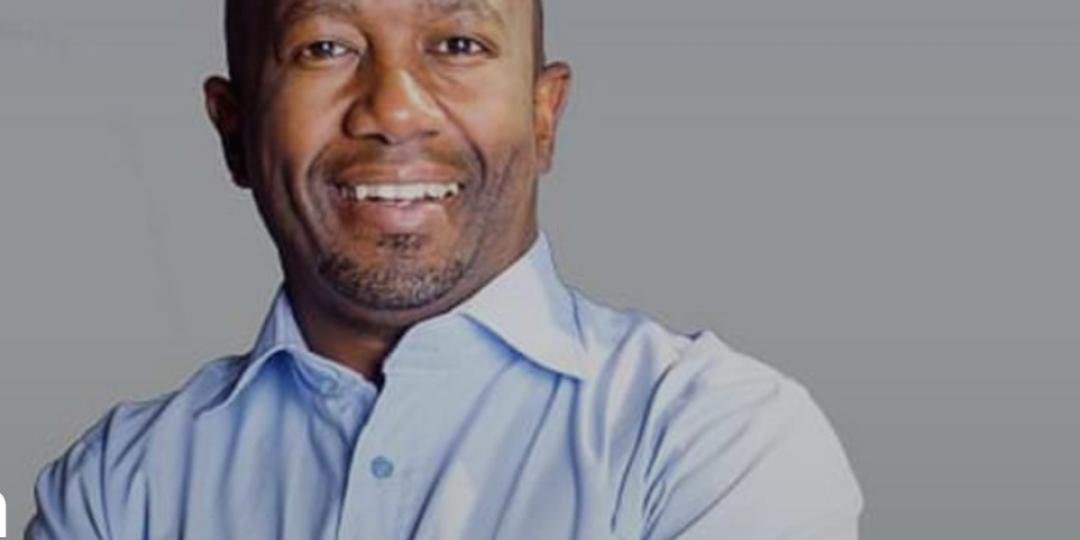COVID-19 has created a fluid marketing environment, characterised by constantly changing consumer behaviour, shorter booking windows and a shift to open spaces and nature-based tourism.
These were some of the insights that emerged out of a WTM panel discussion on Tuesday (November 10), titled ‘Build Back Better’.
Highlighting some of the market trends, Caroline Bremner, Head of Travel Research at Euromonitor International, said consumers were seeking open spaces and fresh air.
Olaf Schlieper, Innovations Manager at the German National Tourist Board, also highlighted an increase in demand for nature-based tourism and added that travellers were looking for authentic experiences, while there had also been an increase in demand for sustainable travel.
He said while the demand for sustainable travel had been evident for a few years, it had accelerated. “According to the latest research, the COVID crisis is a real boost for the demand for tourism products that are really reliable and sustainable.”
Responding to a question from Harold Goodwin, Moderator and WTM Responsible Tourism Adviser, Sisa Ntshona, SA Tourism CEO, said the pandemic had fundamentally changed the way SA Tourism would market South Africa.
Ntshona said the organisation had used the shut-down to think about how it would market SA when the country reopened. One of the targets SA Tourism had already created for itself was geographical spread and, going forward, the organisation will focus on highlighting rural hidden gems.
He pointed out that, while SA, unlike many European destinations, was not plagued by the issue of overtourism, it nonetheless had ‘hot spots’ that were characterised by large visitor numbers. “This decreases the enjoyment level,” said Ntshona.
Shining a spotlight on rural tourism
A key part of the strategy will be targeting repeat travellers who want to engage with the country in a new way. “We are really shining the spotlight deliberately on the rural, the outskirts and places where you have social distancing.”
Ntshona said South Africa was fortunate to have a lot of open, conserved land and pointed out that the Kruger National Park was roughly the size of Belgium.
Trust is the new currency in the context of COVID-19 and it is also crucial to position SA as a safe destination as well as one where travellers can stretch their legs.
In the wake of COVID-19, Ntshona also highlighted the need to have a global solution that was consistent across destinations. He said, at the moment, there was no consistency around COVID-19 protocols. “We need a global standard that we can all work towards.” He added that this was all the more important for international tourism, where there needed to be an alignment between the destination and source market.
According to Ntshona, the pandemic had highlighted South Africa’s “over-concentration” on international tourism. He said the country had had to push the reset button and recalibrate its tourism architecture and build a solid domestic tourism base.
He added that international tourism was still some time away, also taking into account the 10-hour flight time from many source markets.
























